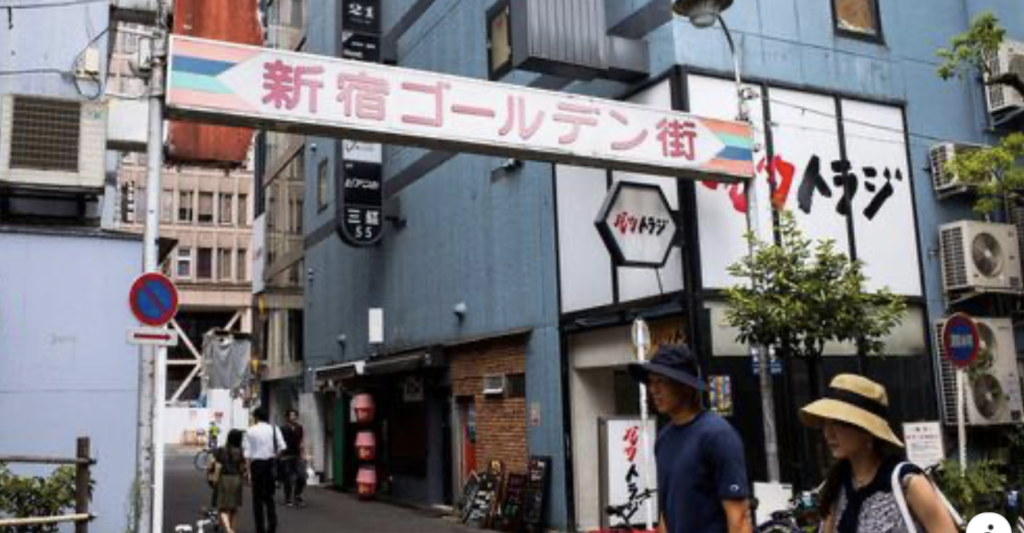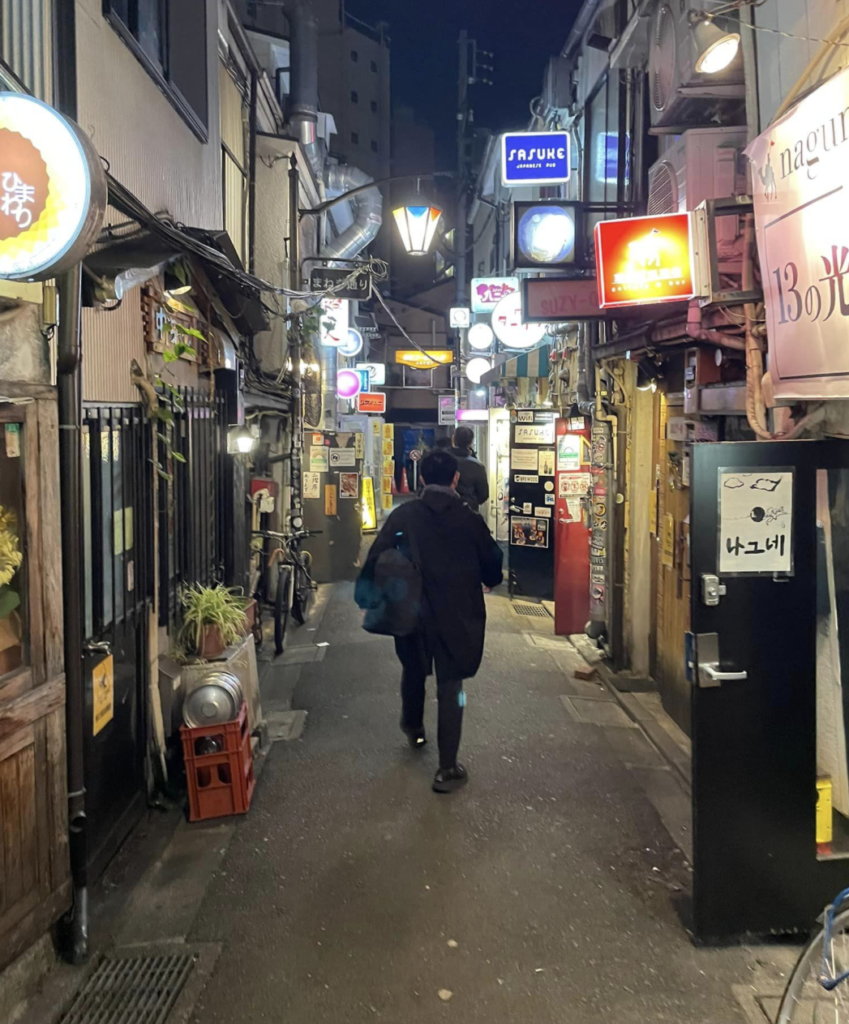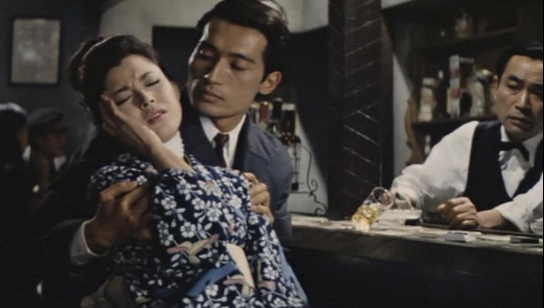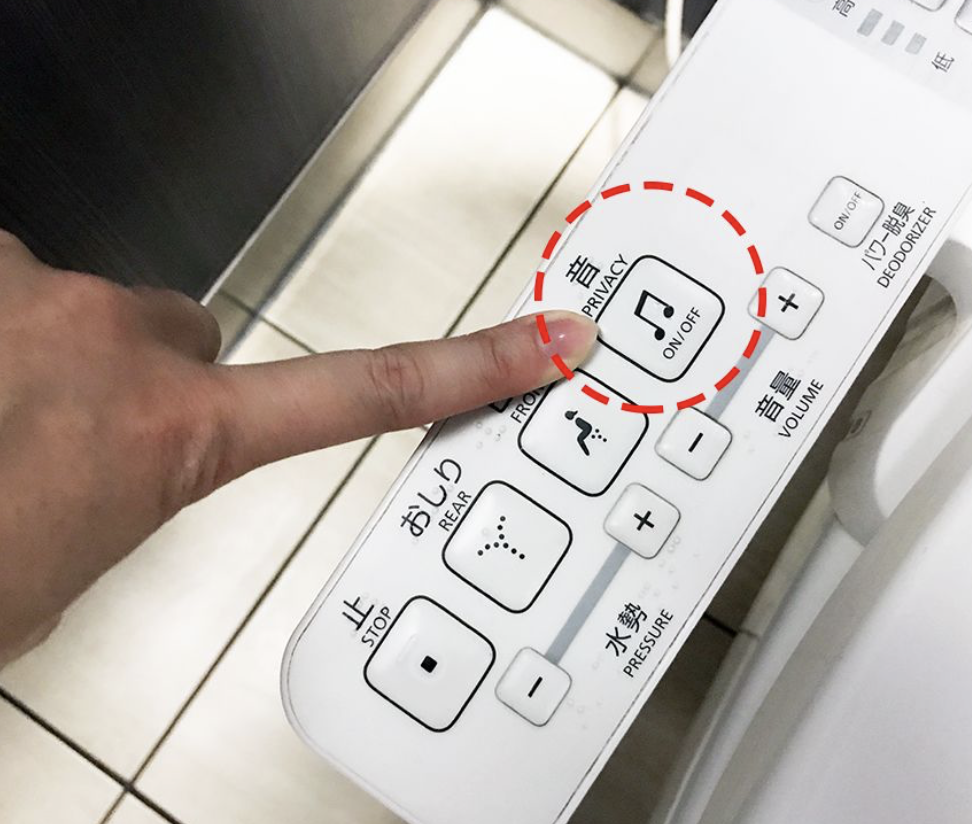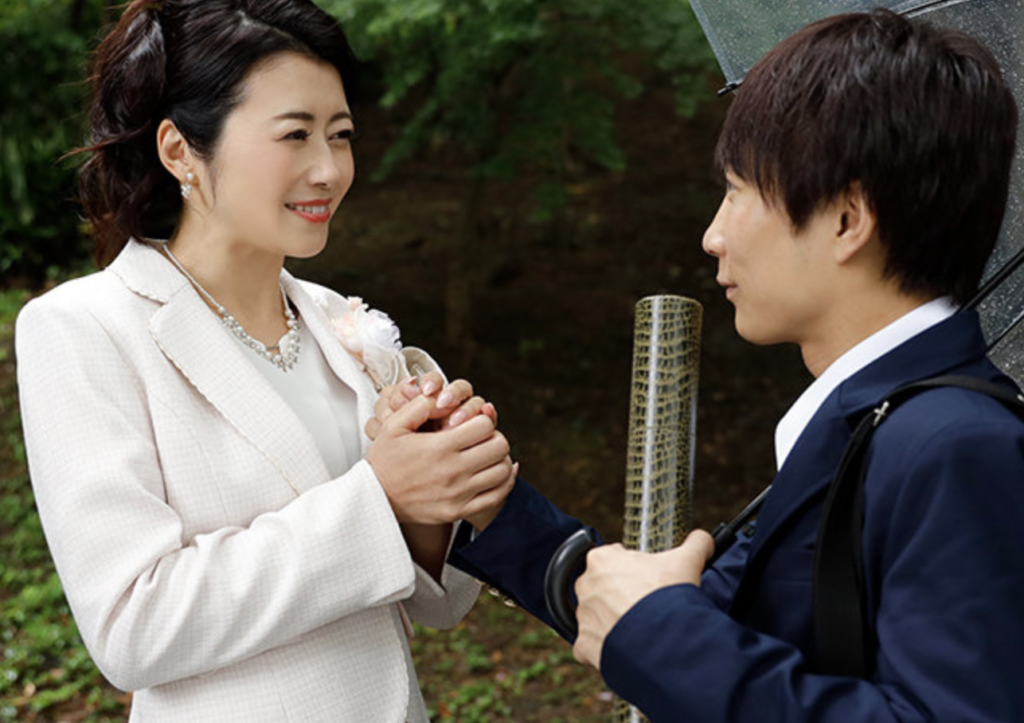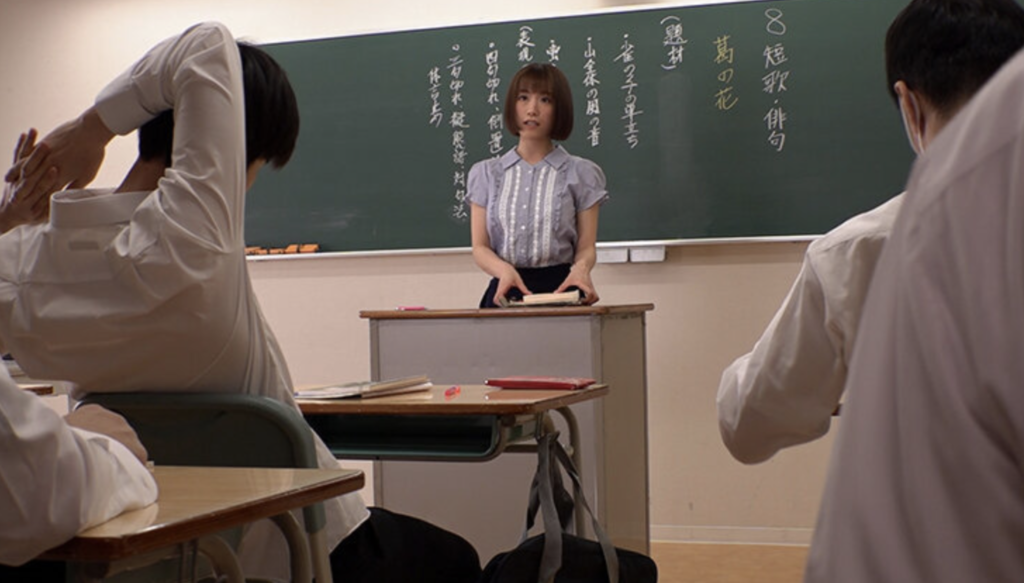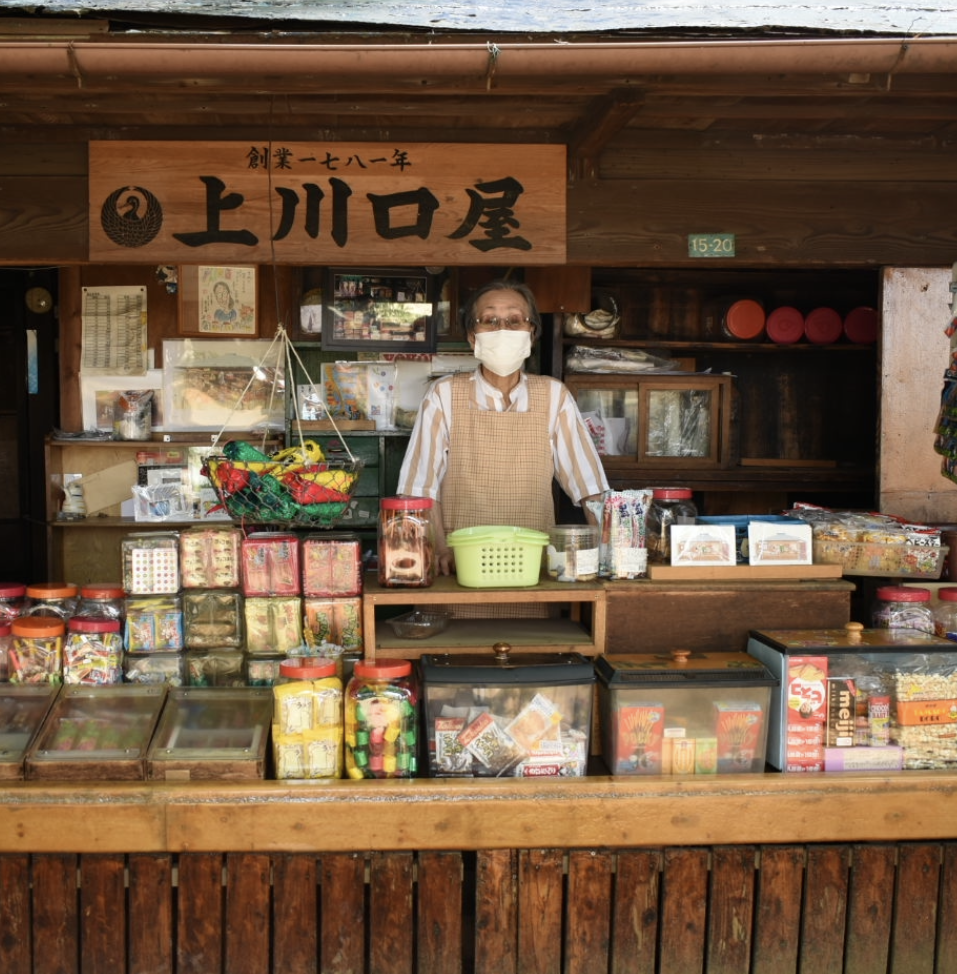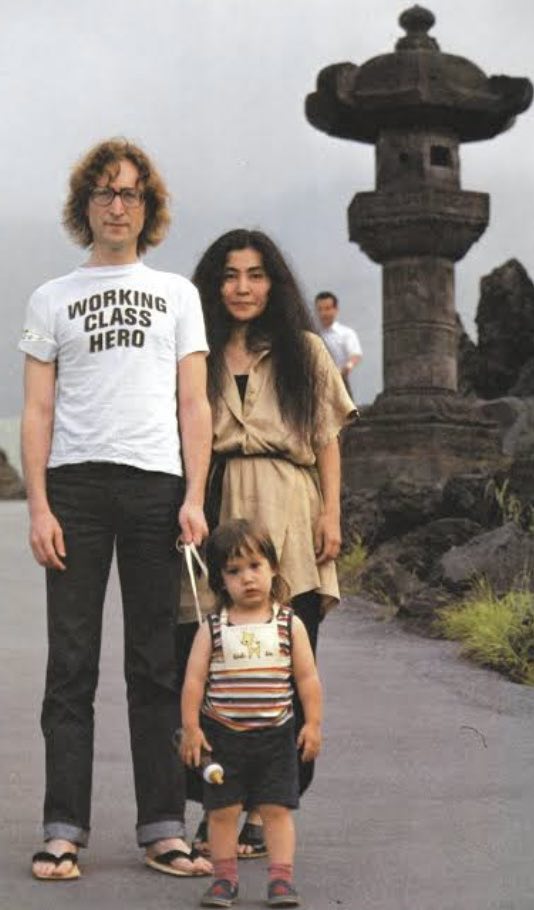
A park that had been regarded as symbolizing “disgraceful urban neglect” has been redefined as a showcase of “superb engineering and foresight” following the discovery that it is actually located in Japan rather than South Side Chicago.
George Sato, an outsider within the non-profit City Parks Observation Trust, explained that once it was realized that the pictures were from a park in Tokyo, the tone of a report changed to one of overwhelming positivity. “The usual whiners were using the pictures to attack city planners, saying that the money for maintenance was clearly being siphoned off to self-interest groups and pet-projects,” he said.

With the swings, cage roundabout, and slide showing signs of general wear and tear it was assumed that the photos were from an inner-city slum, and that the photographer had carefully edited out the anti-social characters who occupied it. When the Japanese-American Sato pointed out the tell-tale signs that the photos were from parks in Japan, those same vocal minority types did a complete 180 on the topic, going on about how the Japanese care so much about preserving old things so that future generations can benefit.
A red concrete octopus, in particular, was initially the subject of scorn. “What purpose is this supposed to serve!? It’s just a concrete ball painted red, for Christ’s sake! What kid is going to play around that!? Another fail for city strategy and budgeting!” Screamed the review, which was altered in Orwellian style to, “This gorgeous octopus shows the unique Japanese less-is-more approach to life. Whereas we Americans would spend loads of money on cookie cutter equipment, the Japanese observe what children like and create art accordingly.”

For the usually-ignored Sato, it was a shock to have people listening to him as he used key visual details to pinpoint the exact location of the park. Still, the sudden respect paid to him didn’t stop him from copying the original report in order to embarrass one or two colleagues who he can’t stand. Sato was also keen to point out that he has no idea of how the pictures came to be in the office.
The cover-ups have been numerous. One particularly scathing line of criticism, “My God! How long has this equipment been around for!? It looks like it’s been repainted by unskilled workers a dozen times. Nice going City Hall! Way to go taking a dump on the needs of our children,” was quietly changed to, “As opposed to the American throwaway society, Japan knows how to make their public facilities and equipment last for generations. In this way, the needs of their children are continually attended to by members of the community.”

The lack of grass didn’t escape attention in the original description either. “I dread to think what kind of scrapes and cuts occur here every day. Safety is obviously far from a priority in this case,” became the delicately tweaked, “Conserving precious water reserves is a priority in this case, and the children have been raised to understand this and play together nicely in order to avoid injuries.”
The photos and the accompanying report have triggered an unexpected reaction amongst bureaucrats in the town of Stauffenburg, Illinois. In a statement released at 5:25pm on Friday just prior to an eagerly awaited professional sports game, the city announced that ten officials would soon be visiting Japan on a week-long fact finding mission in an effort to gain a vital insight into park maintenance.








